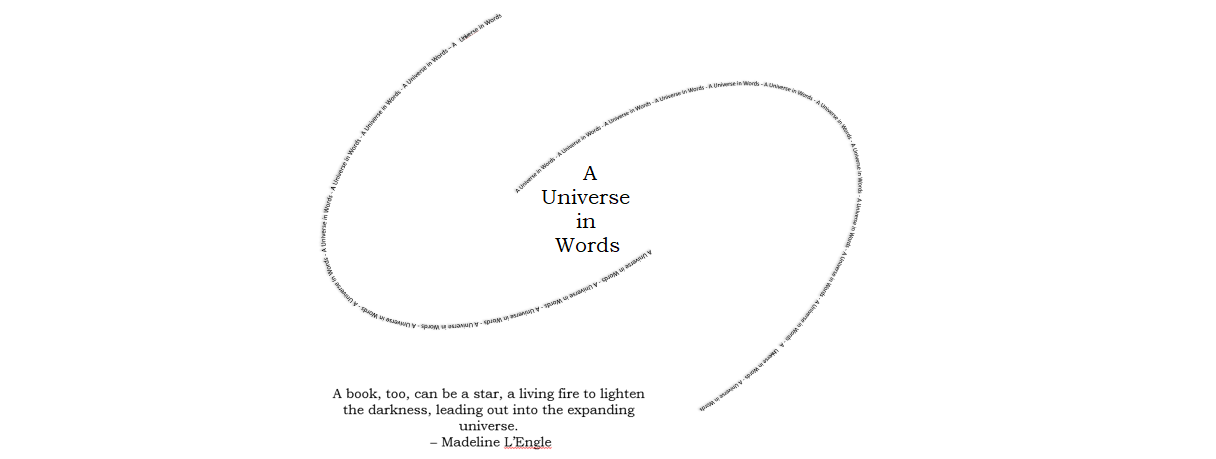Review: 'The Shadow Hour' by Kate Riordan

'All governesses have a tale of woe. What's yours?'Governesses, you say? Mysterious houses and sullen employers? Where do I sign up?! That was basically my thought process when I saw The Shadow Hour. Ever since reading Jane Eyre and Agnes Grey, I have a Bronte-inspired love for novels about governesses. They are the perfect vehicles for authors to explore family relations, class difference and bring in some supernatural or mysterious tones. However, not every novel strikes that perfect balance. So while I happily delved into The Shadow Hour, I finished it slightly confused. Thanks to Penguin - Michael Joseph and Netgalley for providing me with a copy of this book in exchange for an honest review.
Pub. Date: 25/02/2016
Publisher: Penguin UK - Michael Joseph
Nineteen twenty-two. Grace has been sent to the stately and crumbling Fenix House to follow in her grandmother's footsteps as a governess. But when she meets the house's inhabitants, people who she had only previously heard of in stories, the cracks in her grandmother's tale begin to show. Secrets appear to live in the house's very walls and everybody is resolutely protecting their own.
Why has she been sent here? Why did her grandmother leave after just one summer? And as the past collides with the present, can Grace unravel these secrets and discover who her grandmother, and who she, really is?The Shadow Hour is told through two different timelines. On the one hand there is Grace, a young woman living in 1922, who is sent to Fenix House as a governess by the gentle order of her grandmother, Harriet, who was once a governess there herself. Harriet's tale, set 50 years prior, forms the second timeline. Grace was raised on stories of Fenix house, making her new residence and employers strangely familiar and yet uncanny as well. As the novel moves between Grace and Harriet's timelines, more and more is revealed about Fenix House, its inhabitants and how Grace and Harriet belong there. Riordan manages to make Harriet and Grace feel quite different, despite being in almost exactly the same situation. Although Harriet's tale is, for a long time, the more interesting one, it is Grace's desire to finally found out what happened at Fenix House that the reader most identifies with. At times Riordan purposefully leaves the reader in the dark, while at other times filling the reader in while leaving Grace in the dark. It creates a nice balance that keeps the novel engaging.
The Shadow Hour only slightly touches upon the England outside of Fenix House. This actively makes the reader feel the isolation of the characters in Fenix House, but sometimes also threatens to make the novel feel a little bit like a rehash. The First World War is only a vague shadow in the background, addressed here and there but not crucial to the plot. Rather, it is another example of how England has changed between the time of Grace's stay at Fenix House and her grandmother's stay. The same goes for mentions of the colonies, especially India. There, but also not. (Although I did immensely enjoy and appreciate the presence of the Suffragettes in the novel.) Something that receives a lot more attention is the idea of class. Both Grace and her grandmother Harriet walk a fine line as a governess. While their station is clearly above that of maids and cooks, they are also not the family's equals. Both struggle to find their place and both deal with this in different ways.
Sometimes a book manages to leave you both content and conflicted. The Shadow Hour is one of those books for me. It took me a while to really get into it, to enjoy the switching between the different timelines and get invested in either of the stories. Once it got me though, I was very intrigued and desperately wanted to know how the stories would meet, eventually. And then in the end, although almost all the t's were crossed and almost all the i's were dotted, I was left wondering. Had all the questions been answered? Was the plot wrapped up too quickly? And how did I feel about the characters now? Did I have any inclination of what would happen after the end? Sometimes it's nice to be left wondering, to have a novel leave you with questions you can mull over and which make you want to reread the novel almost immediately. But they have to be the right kind of questions, the ones that are slightly existential in nature. Sadly, these aren't the kind of questions that The Shadow Hour leaves open.
Riordan's writing is at times beautifully visual. She brings Fenix House and its inhabitants to life with stunning descriptions of the house, its gardens, the costumes and the atmosphere. Luscious in Harriet's time, the decay of the house in Grace's time feels much more real. Rioridan manages to infuse her governess tale with a lot of different elements, bringing in some mysterious and some supernatural tones. This consistently, and thankfully, shakes up the narrative. As history repeats itself in Grace's story, Riordan mostly manages to make the same events still feel interesting. With how the story is set up, however, it is almost inevitable that at times it feels a bit repetitive. Although these are all minor gripes, it means that the end of the novel felt a little bit unsatisfactory. While Riordan ties all the different stories together into a nice bow, it seems too easy of an ending. I'd have likes for her to have spent a little bit more time describing how the characters go on.
I give this novel...

3 Universes!
Once I got into The Shadow Hour I very much enjoyed it. Governesses will always hold a special place in my heart and I'll remember The Shadow Hour fondly. It touches upon some of the best staples of the genre, even if it doesn't always hit all the notes. I'd recommend this to fans Gothic literature and Women's Fiction.



Comments
Post a Comment